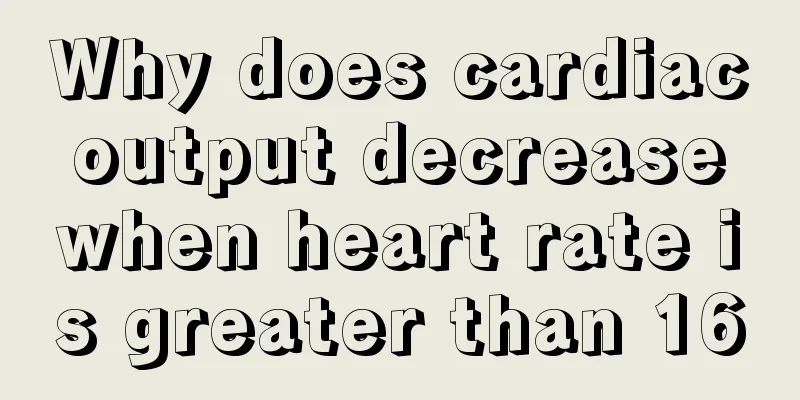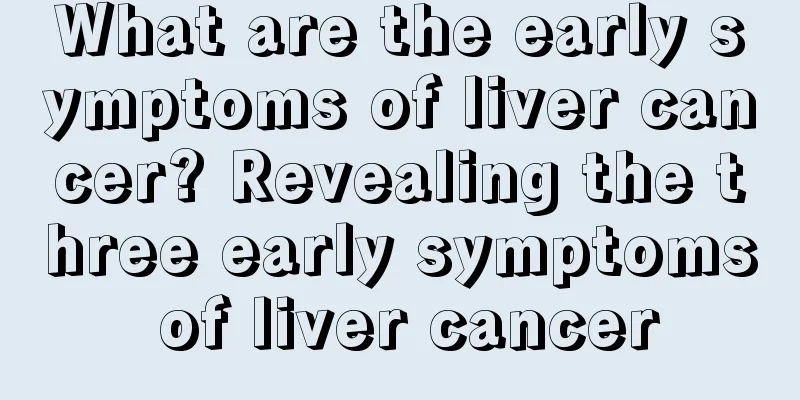Why does cardiac output decrease when heart rate is greater than 160

|
The heart relies on expansion and contraction to exert force on the blood, allowing blood to flow throughout the body, and this contraction and expansion is called heartbeat. The heart's beating pattern is relatively constant, within a certain safe range, usually calculated in minutes. A heart rate that is too fast is very bad for your health. For example, why does cardiac output decrease when the heart rate is greater than 160? Let’s take a look at the explanation below. Cardiac output is the product of stroke volume and heart rate. As the heart rate increases, cardiac output increases, but there is a certain limit. For example, if the heart rate is >170 beats/min, the ventricular filling time is significantly shortened, the filling volume is reduced, the stroke volume is reduced to about 50% of the normal level, and the cardiac output decreases. If the heart rate is too slow, <40 beats/min, the cardiac output also decreases. This is because the heart's diastole is too long, and the ventricular filling has already reached its limit. Prolonging the diastole time will not increase the stroke volume accordingly. If the heart rate is too fast or too slow, cardiac output will be reduced. The amount of blood pumped out by the heart per minute decreases, which may be due to the following reasons: 1. Decreased ejection, insufficient blood supply, and increased peripheral resistance. 2. Myocardial preload. and ventricular end-diastolic volume, 3. Myocardial afterload and arterial blood pressure. 4. Myocardial contractility. 5. The specific reason for the heart rate change can be explained as follows: When the heart rate exceeds 180, the diastole is significantly shortened, resulting in insufficient ventricular filling with blood, which causes the stroke volume to decrease and the cardiac output to decrease. People of different ages have different heart rates. The younger the age, the faster the heart rate. If the heart rate exceeds the normal range, it is called a tachycardia. The accelerated heart rate caused by illness is most common when you have a fever. For every 1°C increase in body temperature, the heart rate can increase by 10 to 15 beats per minute. Therefore, diseases that can cause fever will often result in an accelerated heart rate, but typhoid patients are an exception. The pulse of typhoid patients is relatively slow, which is called a relatively slow pulse. This is an important characteristic of typhoid. If your heart rate continues to be too fast, you should consult a doctor. The normal pulse rate of an adult at rest is 60-100 beats per minute, which may vary with factors such as age, gender, labor and mood. Generally, women speed up faster than men, young children speed up faster than adults, and the elderly speed up slower. It may speed up temporarily during exercise or emotional excitement, and slow down during rest and sleep. |
<<: What to do if the heart rate is too fast due to anemia
>>: The impact of jogging on heart rate
Recommend
What are the common reasons why women get laryngeal cancer
With the rapid development of society, people'...
What are the preventive measures for rectal cancer
Rectal cancer is a common malignant tumor in the ...
In addition to eating, these things are also the root cause of your weight gain
"I gain three pounds during every festive se...
Does vinegar harm teeth?
Vinegar is a very common condiment in life. Its m...
What are the dangers of cheap lipstick
There are so many colors and types of lipsticks o...
Causes of pain and lump on the left side of the abdomen
The prevalence of many diseases nowadays is often...
Things to note when lung cancer patients undergo CT examination
Lung cancer patients can undergo CT examinations ...
Is prostate cancer dangerous and can it be cured?
Prostate cancer is a common male malignancy. Earl...
Treat left eyelid twitching scientifically
Sometimes our left eyelid will twitch and we feel...
What to do if you are poisoned by wild mushrooms
Many people like to eat mushrooms, and some peopl...
The efficacy and function of patting the back of the hand
Traditional Chinese medicine emphasizes the smoot...
Can sea water be disinfected?
In life, many people will find that they are rece...
Sympathetic nervous system excitement insomnia
Many people suffer from insomnia due to work pres...
Is it more painful to remove the dental nerve or to extract the tooth
Dental nerve removal, also known as root canal tr...
How can we prevent colon cancer
Colon cancer is a common digestive tract malignan...









